Climate Change Mitigation
October 6th, 2015
Overview
*Climate Change
*The Role of Planning
*Climate Action Plans
Climate Change
It's a thing.
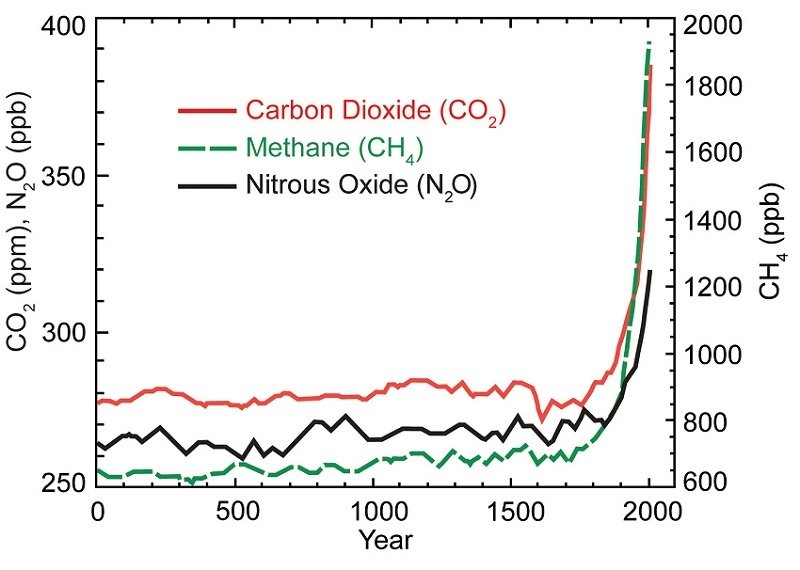
Greenhouse Gas Emissions Like You Wouldn't Believe (But Should)
Source: http://www3.epa.gov/climatechange/images/science/GHGConc2000-large.jpg
It's Getting Hot in Here
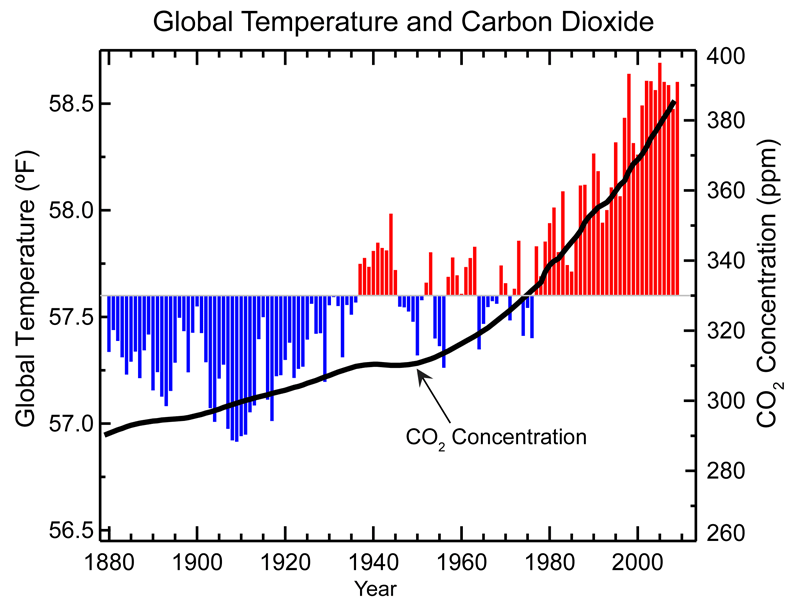
Source: http://www1.ncdc.noaa.gov/pub/data/cmb/images/indicators/global-temp-and-co2-1880-2009.gif
A Destabalizing Pace of Change
Source: http://www.motherjones.com/blue-marble/2013/03/new-hockey-stick-graph-scarier
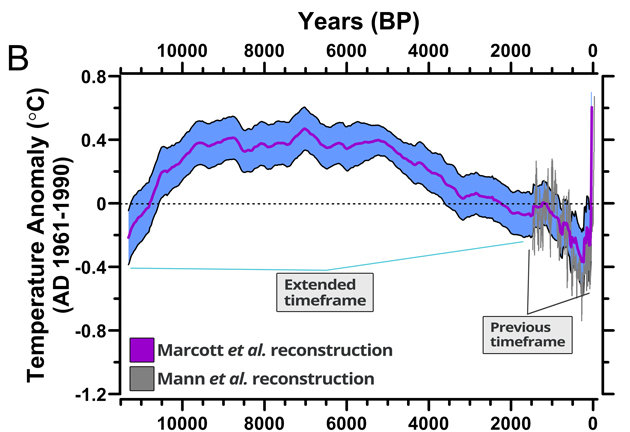
"What we found is that temperatures increased in the last hundred years as much as they had cooled in the last six or seven thousand," Marcot said. "In other words, the rate of change is much greater than anything we've seen in the whole Holocene era."

United States = Crushin' It Per Capita

Source: http://image.guardian.co.uk/sys-files/Guardian/documents/2011/02/10/CarbonWeb.pdf
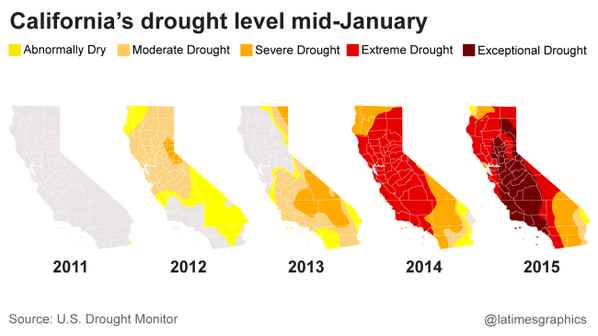
More info: http://www.nytimes.com/2015/08/21/science/climate-change-intensifies-california-drought-scientists-say.html?_r=0
Increase in Intensity of Weather Events
http://droughtmonitor.unl.edu/home/regionaldroughtmonitor.aspx?west
The Drought Today
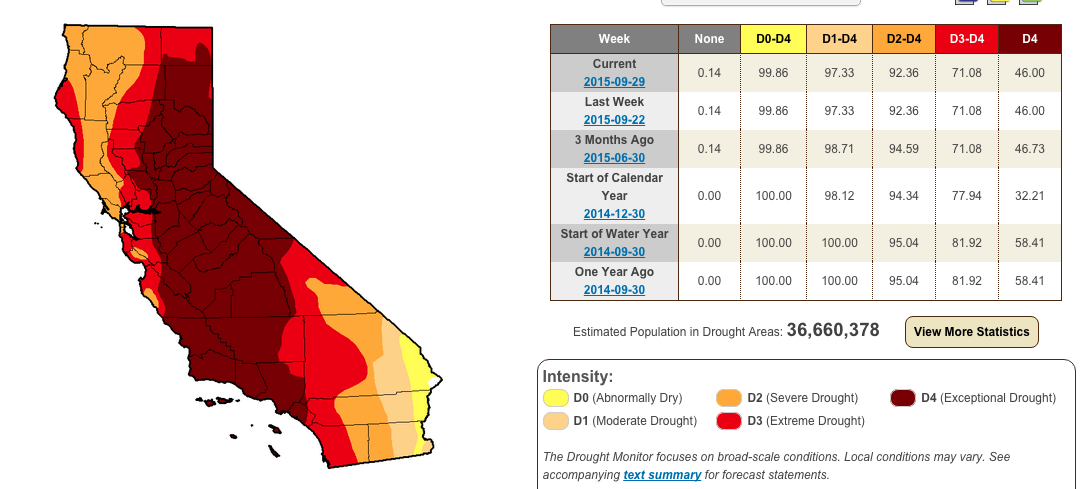
Increase in Intensity of Weather Events On the Other End of the Spectrum
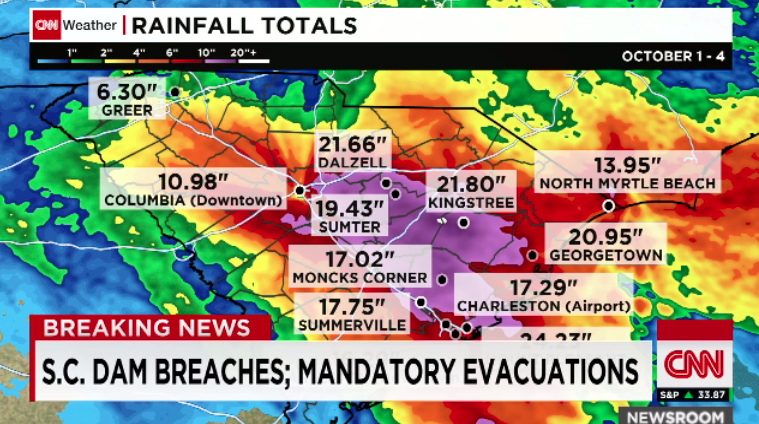
A 1,000 Year Flood Event, Sixth in U.S. Since 2010
El Nino + Constant Risk + Climate Change = Perfect Storm
Photo Source: http://www.usatoday.com/story/weather/2015/10/05/south-carolina-flooding-climate-change/73385778/
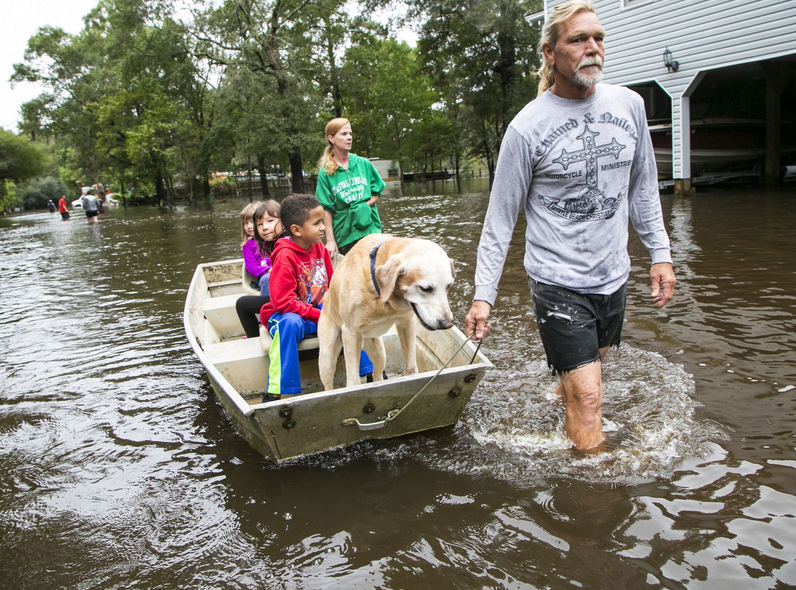
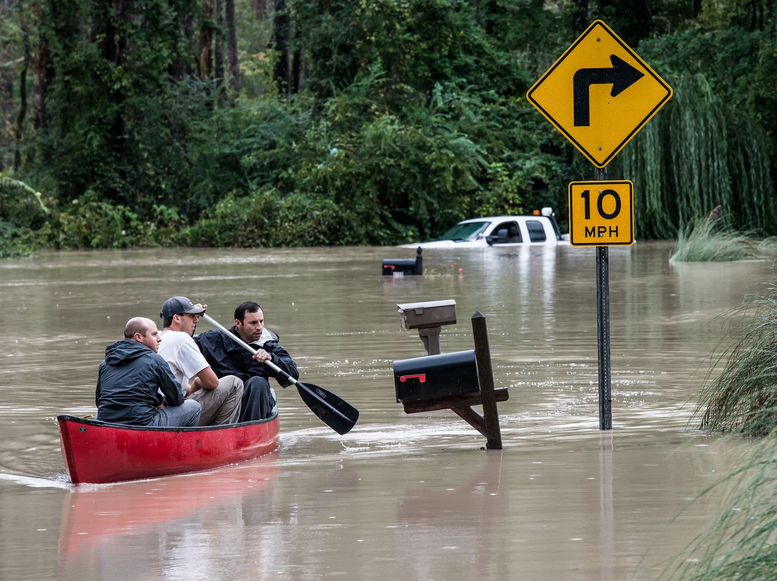


In the context of climate change, planning's role is two-fold
- Mitigation: Reduce impacts before they occur
- Adaptation: Prepare for changes that will occur
Mitigation
- Regulate land use change and manage growth
- Reduce greenhouse gas emissions
- Transition to sustainable energy sources
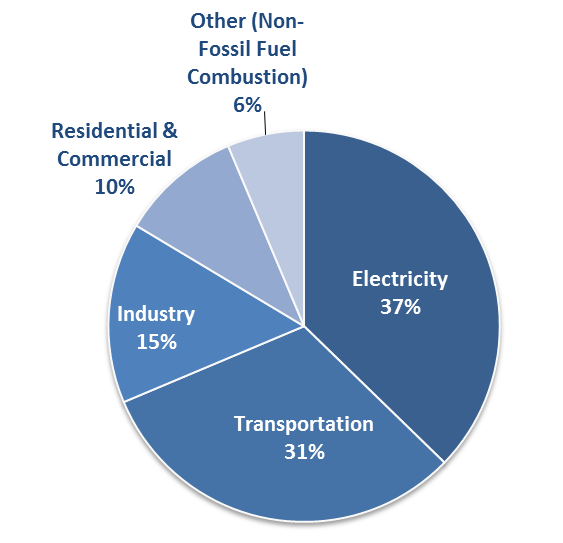
We got the power. Planning explicitly interacts with the main sources of GHG emissions.
U.S. CO2 Emissions by Source, 1990-2013
Source: http://www3.epa.gov/climatechange/ghgemissions/gases/co2.html
This interesting fact goes out to all you conservationists: In the US, the management of forests and non-agricultural lands produces a net carbon sink. In 2013, this sink offset 13% of total emissions nationwide.

Regulatory Basis Exists
- Clean Air Act: Regulates both stationary and mobile source of air pollution
- Clean Air Act: Establishes National Ambient Air Quality Standards (NAAQS)
- EPA required to regulate 6 different greenhouse gases since the Supreme Court ruling in Mass v. EPA
But Does Political Will Exist?
Federal and State level action mixed, often inadequate.


Regional and Local communities often lead the way.


Climate Action Has Been Bottom Up
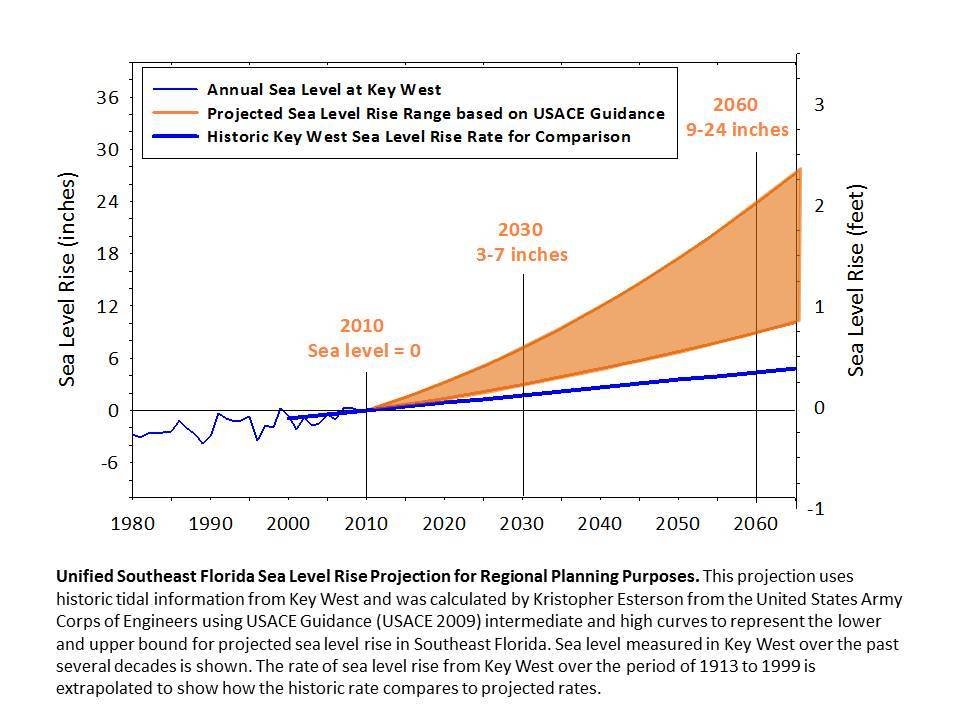
Working in Unison. Common Understanding of Problem + Discussion of Values = Common Ground for Solutions
Climate Action Planning
Organizes a community's vision through goals, milestone, and implementation actions that address climate change mitigation
- Conduct a community energy and GHG emissions inventory
- Set target for emissions reduction by specified date
- Develop local action plan of policies, programs, and measures to meet the target
- Implement, implement, implement
- Monitor energy use and emissions over time and evaluate plan's ongoing effectiveness.
*Many plans incorporate IPCC recommendations to lower emission levels by 80% by 2050 (baseline = 1990 levels)
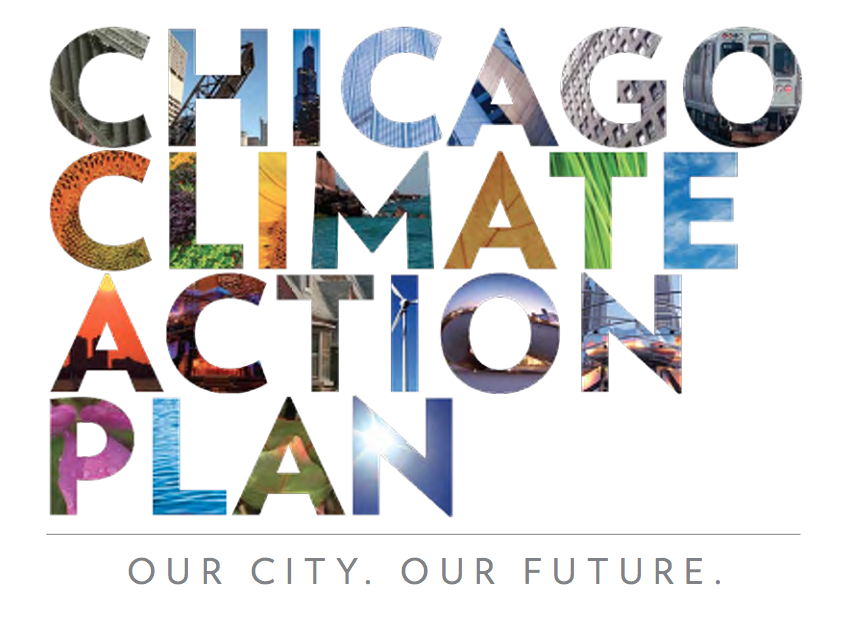
Find it here: http://www.chicagoclimateaction.org/filebin/pdf/finalreport/CCAPREPORTFINALv2.pdf
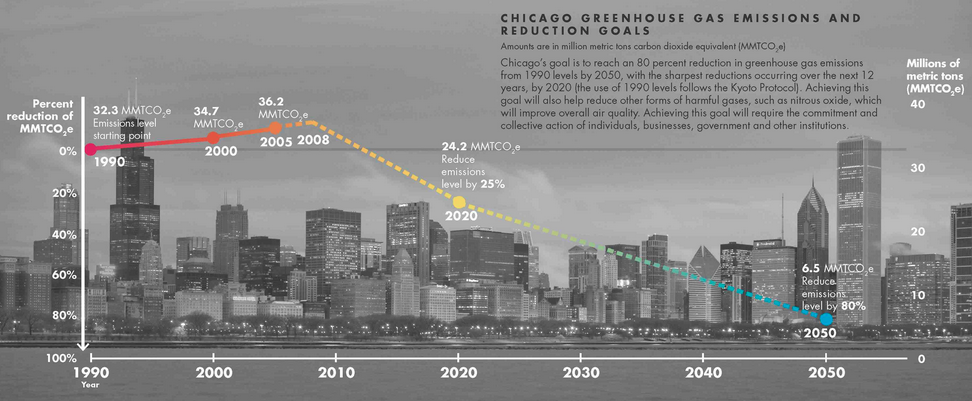
Emission Reduction Goals:
25% by 2020 | 80% by 2050
Source: http://cnx.org/contents/1741effd-9cda-4b2b-a91e-003e6f587263@43.5:43/Sustainability:-A-Comprehensiv

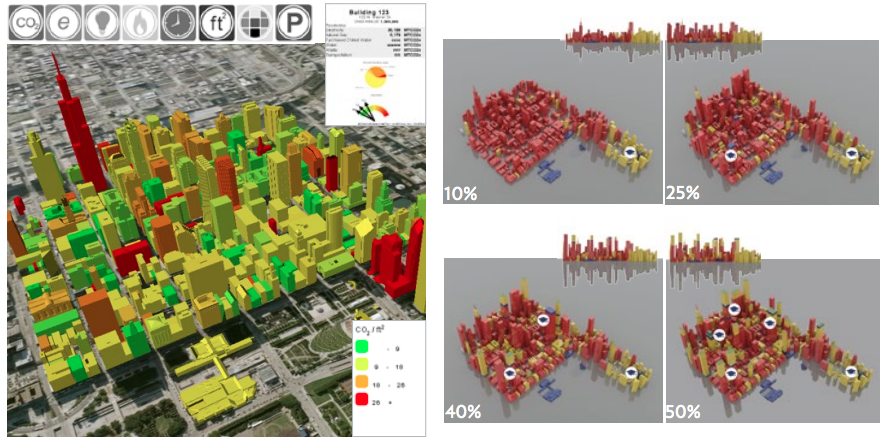
Land Use Matters
Source: http://smithgill.com/media/pdfs/decarb_plan_for_web_5.pdf
Planning matters.
Climate Change Adaptation
October 8th, 2015
Overview
*Adaptation, Generally
*Adaptation Planning Examples
*Sea Level Rise & Florida
Climate Change Adaptation, in a Nutshell
- The ability to build and increase the capacity for learning and adaptation in a system
- In the context of natural hazard planning, it is a process or action to better cope with or adjust to changing risk
- Climate change impacts possible and important to mitigate, but regardless there will be consequences
Climate Change Adaptation Cont.
-
Strategies work in 2 ways:
- Reduce vulnerability
- Increase resiliency
- Existing natural hazard mitigation and response processes represent opportunity to integrate adaptation responses that increase resiliency
- Adaptation actions (things like green infrastructure) can have ancillary social, aesthetic, and public health benefits

Hurricane Sandy Relief Bill allocated >$30billion in recovery spending
NYC Resiliency Plan: http://s-media.nyc.gov/agencies/sirr/SIRR_singles_Lo_res.pdf
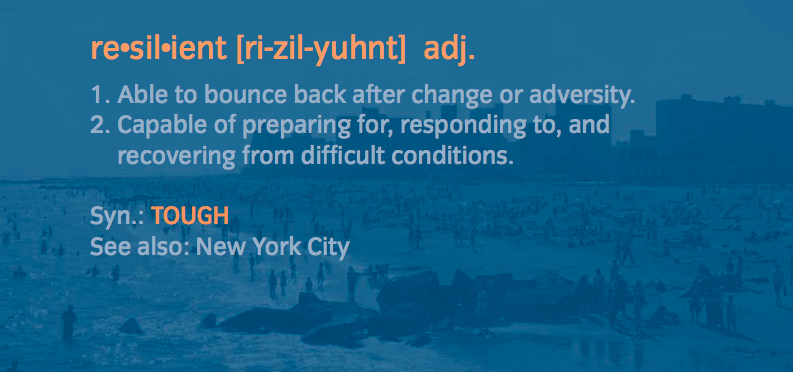

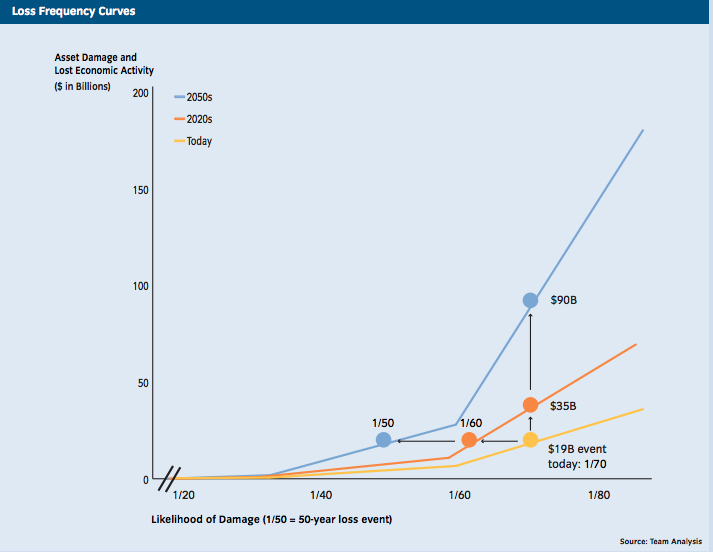
Source: http://www.copenhagenize.com/2015/03/the-copenhagenize-current-stormwater.html
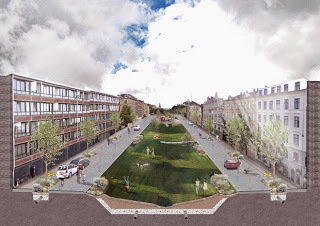
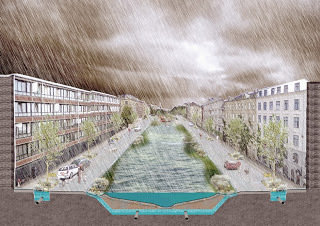
Cloudburst Streets, a green infrastructure adaptation response prompted by recognition of climate change + a large storm event
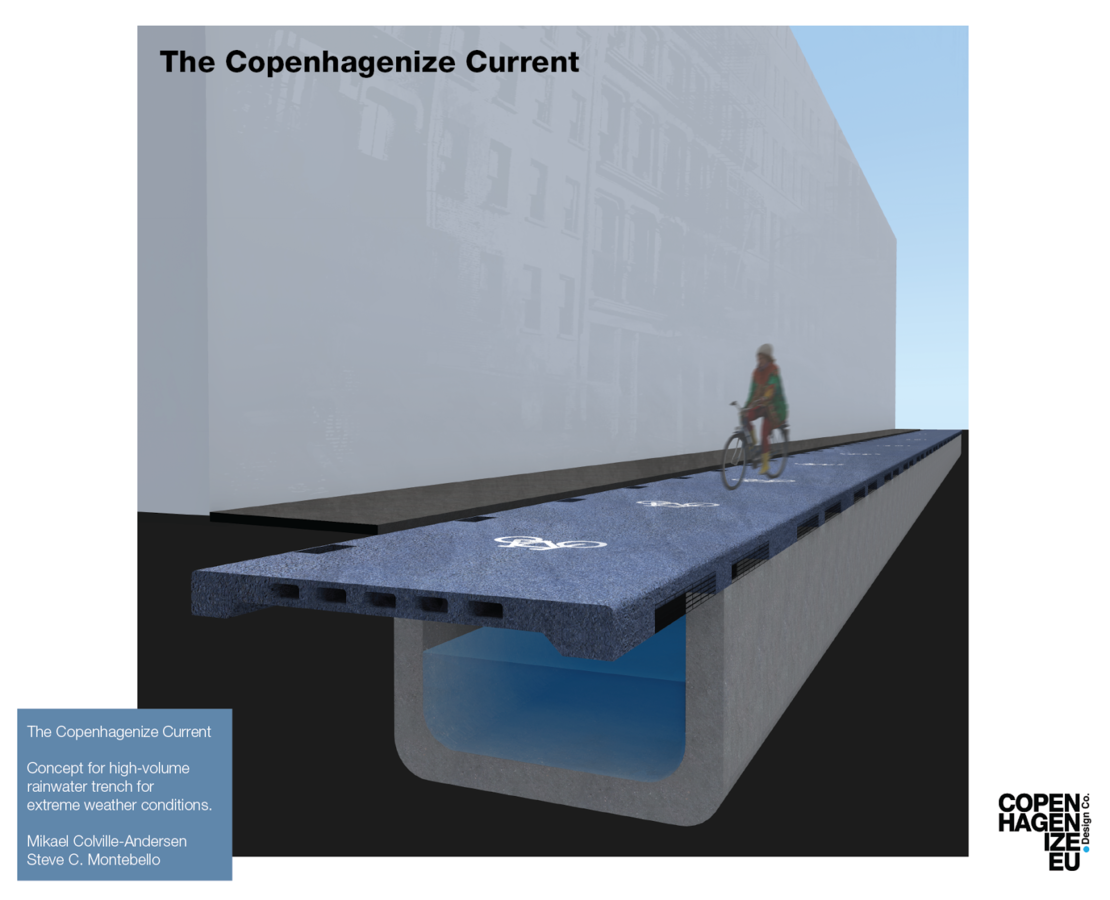
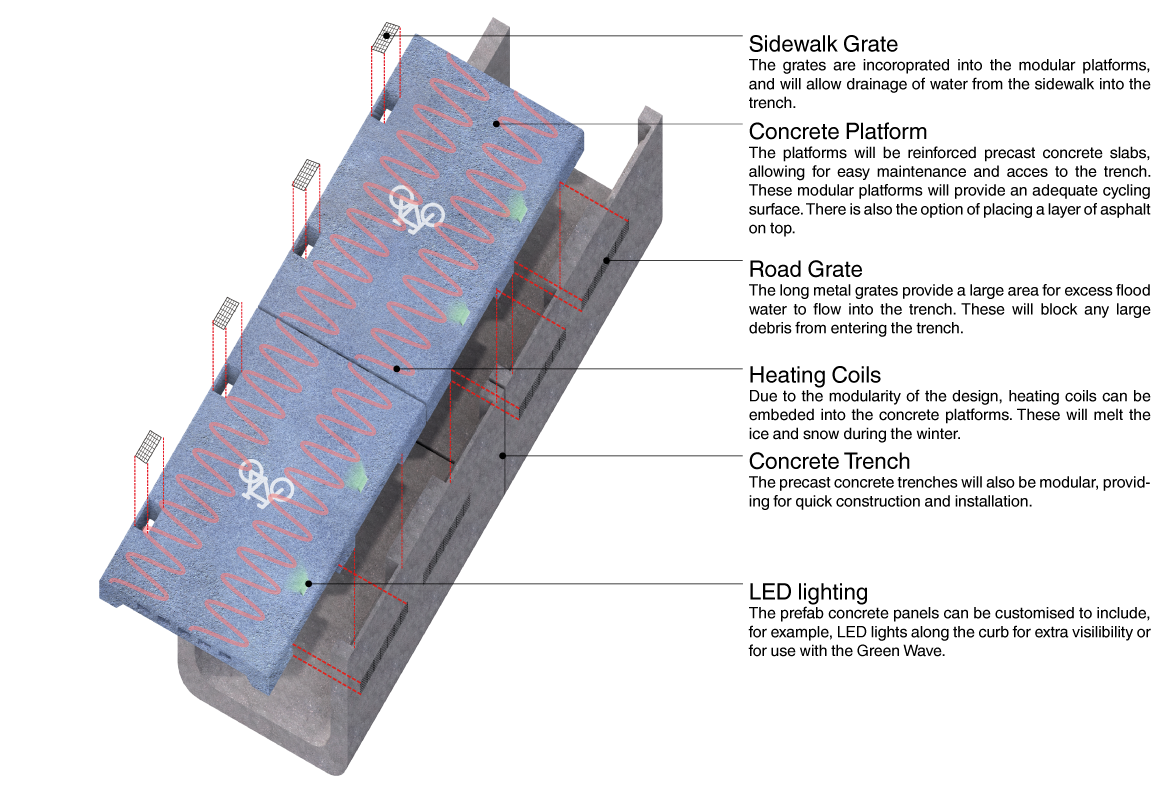
Copenhagen Adaptation Plan: http://en.klimatilpasning.dk/media/568851/copenhagen_adaption_plan.pdf


Assessing Priorities
Defining Risk Objectively
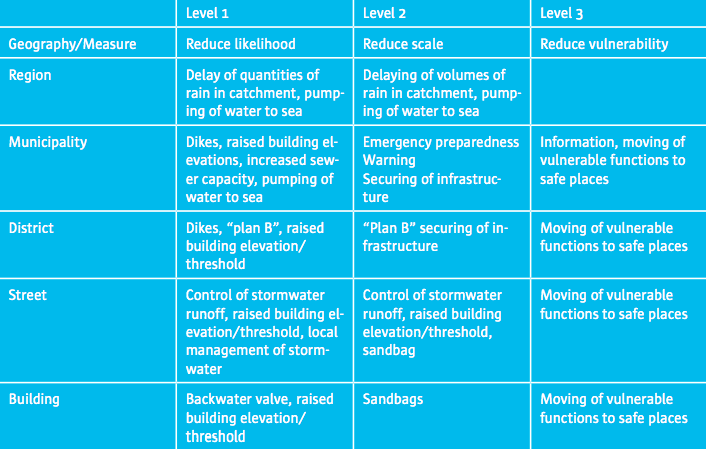
Defining Strategies by Scale
Increasing resiliency lies at the core of a community's capacity for adaptation
The question becomes, what can we do to minimize two things:
- Disruption to system operations
- Time and energy for a disrupted system to return to a desired state
Notice we are not asking, how quickly can we return a system to its PREVIOUS state. Adaptation demands flexibility. Desired state must be open to adjustment.
Land Use Strategies for SLR Adaptation
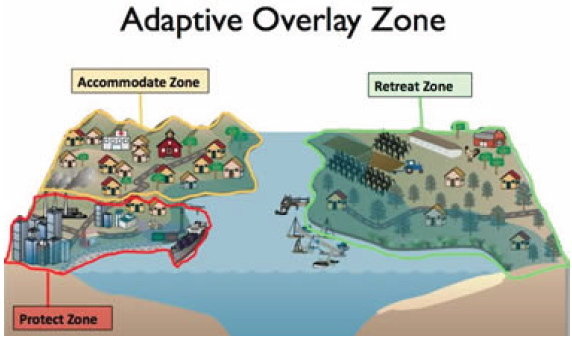
Source: https://www.law.georgetown.edu/academics/academic-programs/clinical-programs/our-clinics/HIP/images/Adaptive-overlay-zone.jpg
Source: http://bit.ly/1VGvMMw
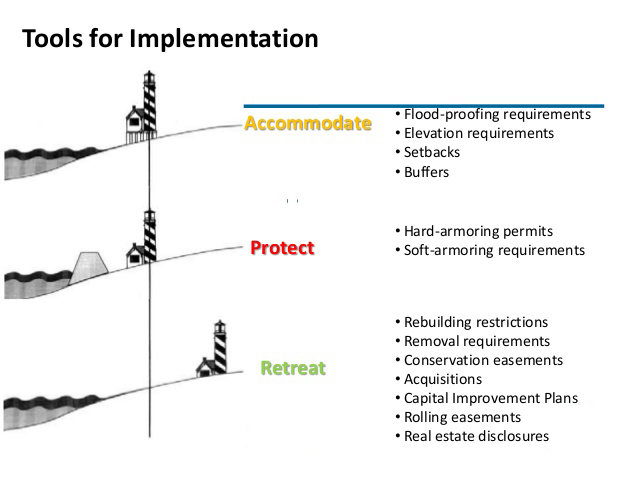
Adaptation Zoning, a Florida Approach
- Adaptation Action Areas allowed by Florida Statute
- Authorized by not required to be included in the Coastal Management Element of a local community's Comprehensive Plan
- One of three criteria:
- Areas below, at, or near mean higher high water
- Areas which have a hydrological connection to coastal waters
- Areas designated as evacuation zones for storm surge
Yankeetown, Florida
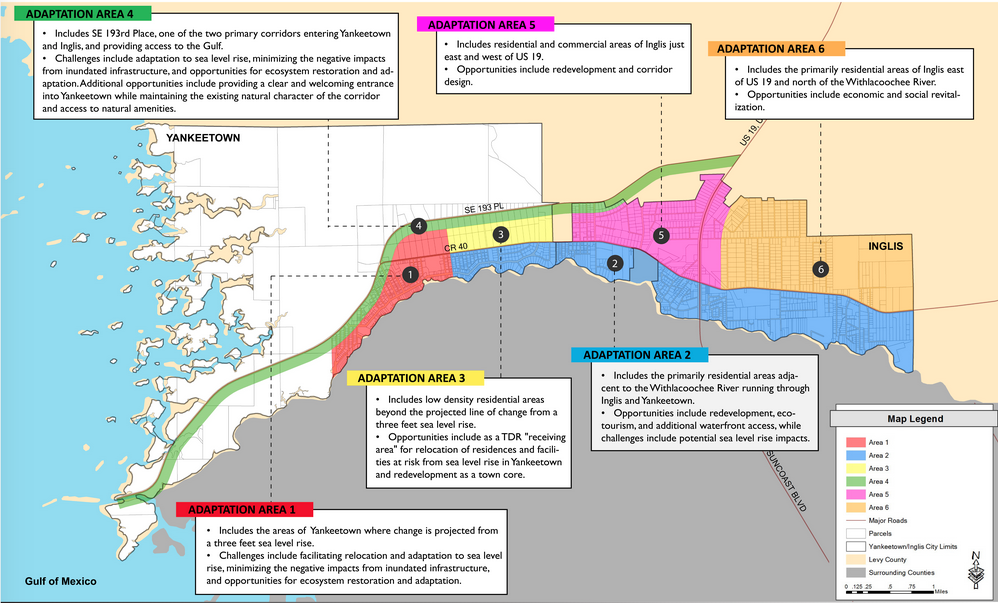
Source: http://changinglevycoast.org/page/2/
A Step Further: Broward County Climate Change Element
http://www.broward.org/PlanningAndRedevelopment/ComprehensivePlanning/Documents/ClimateChangeElement.pdf
Mitigation
The globally responsible thing to do.
Adaptation
The locally responsible thing to do.